Is milk gluten-free? Let’s take a look at whether milk and some of your favorite dairy products contain gluten!
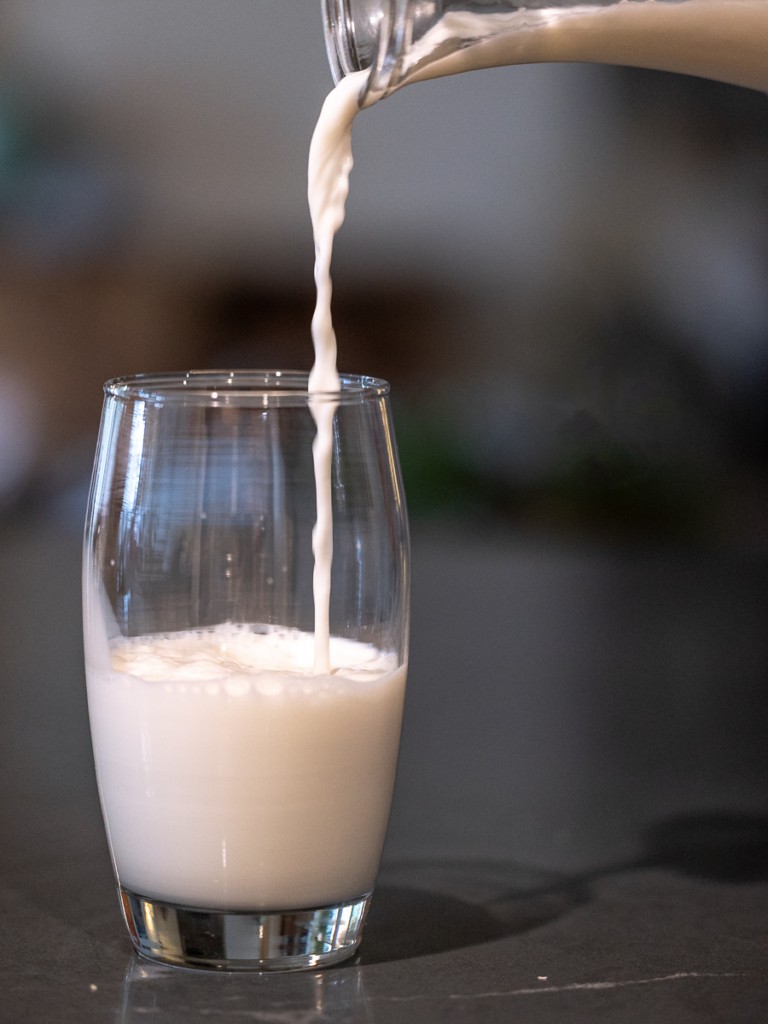
If you’ve recently embraced a gluten-free lifestyle, you’ve probably resigned yourself to the fact that you’ll need to change your diet pretty drastically. Obviously, traditional bread and pasta are out the door - but what about milk and other dairy products? Are they safe to eat if you’re avoiding gluten? Let’s talk about dairy in a gluten-free diet.
Is milk gluten-free?
Milk is a pleasantly creamy, white liquid produced by dairy cows. It is complex and nutritious and offers a variety of health benefits. Better yet, all unflavored dairy milk is naturally gluten-free.
Does flavored milk have gluten?
Although milk is naturally gluten-free, it is essential to carefully check the label of any flavored milk products. First, look for any gluten-free labeling or certifications. If you spot one, you’re good to go. If none are found, you’ll want to take a closer look at the list of ingredients. Avoid any malt flavors as these are typically made with barley, which is not gluten-free. As a rule, most chocolate, strawberry and vanilla flavored milk is gluten-free - but it’s always a good idea to confirm before consuming any flavored milk products.
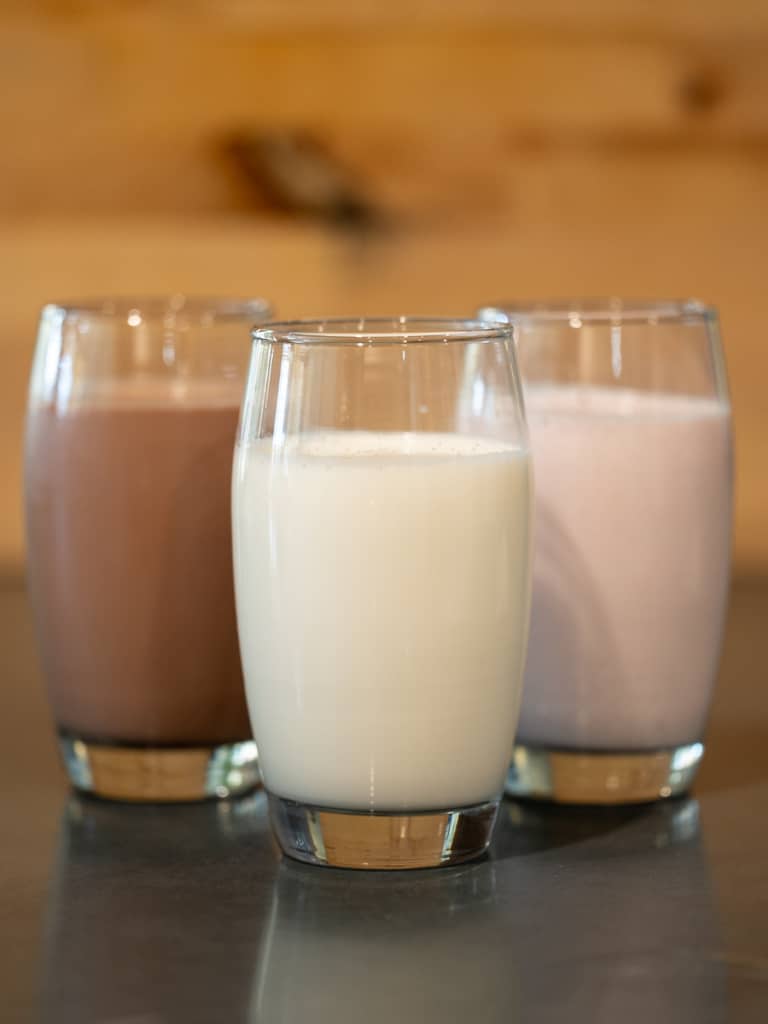
How is milk processed before it reaches the store?
After the cow is milked, the milk is immediately refrigerated and then homogenized and pasteurized. Neither homogenization nor pasteurization introduce gluten to the milk.
What is homogenization?
Homogenization breaks up the fat particles in milk, creating a more consistent creamy flavor. Processors this by forcing the milk through tiny holes at high pressure.
What is pasteurization?
Pasteurization is a technique that kills any harmful bacteria that might be present in your milk. The milk is raised to a temperature of 161 degrees for at least 15 seconds and then rapidly cooled.
If the cows eat wheat, is the milk still gluten-free?
Studies have shown that nursing mothers who consume gluten can pass the protein to their infants through breast milk. Many dairy cows consume at least some wheat, which might raise a few red flags. So, if a cow eats gluten, does its milk contain gluten? Luckily, this is NOT the case with cow milk. Cows have vastly different digestive systems (for starters, they have four stomachs!) and there is not gluten in cow milk.
Is dairy problematic for Celiacs?
If you’re newly diagnosed with Celiac, you may want to avoid dairy for a time.
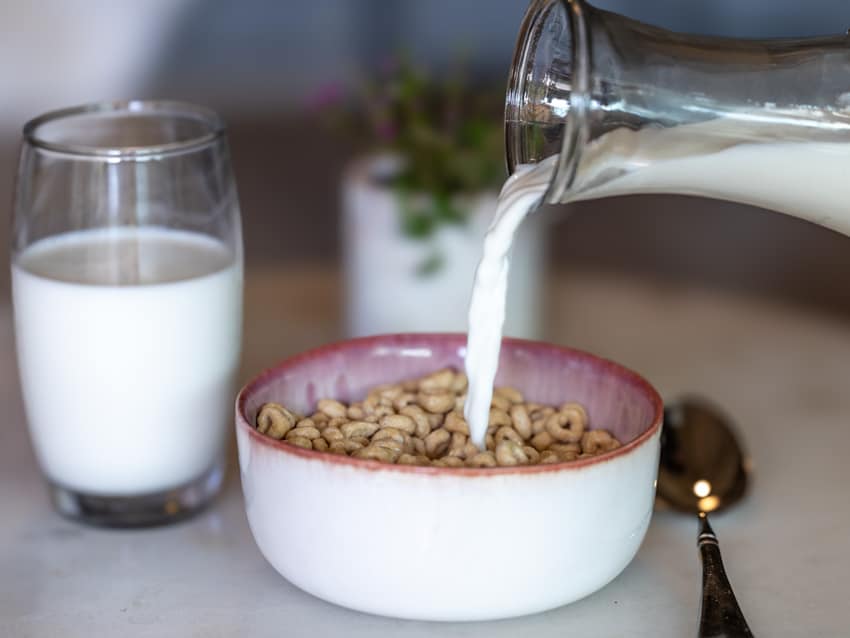
When left untreated, Celiac disease damages the lining of the small intestine. This intestinal damage often results in temporary lactose intolerance as well. While it’s entirely possible to be both gluten and lactose-intolerant, many people find that once their gut begins to heal, they can digest dairy products properly.
Milk is gluten-free…but what about other dairy products?
Because milk is naturally gluten-free, many unflavored dairy products are also gluten-free. But what about flavored dairy products or products such as ice cream?
Is ice cream gluten-free?
The core ingredients of ice cream are milk, eggs and sugar - all of which are gluten-free. However, ice cream is one product you always want to check the label on before consuming! Generally, most vanilla, chocolate or strawberry flavors are gluten-free. On the other end of the spectrum, cookie dough and brownie ice cream almost always contain gluten.
Ingredients to watch for
Look for a statement that says “contains wheat” at the end of the ingredient list or check with the manufacturer to confirm whether that flavor is gluten-free. If the label includes any of the following ingredients, you’ll want to do a little more digging:
Malt or malt flavoring
Natural flavors
Modified food starch
Hydrolyzed wheat protein
Brownie, cake, candy or cookie add-ins
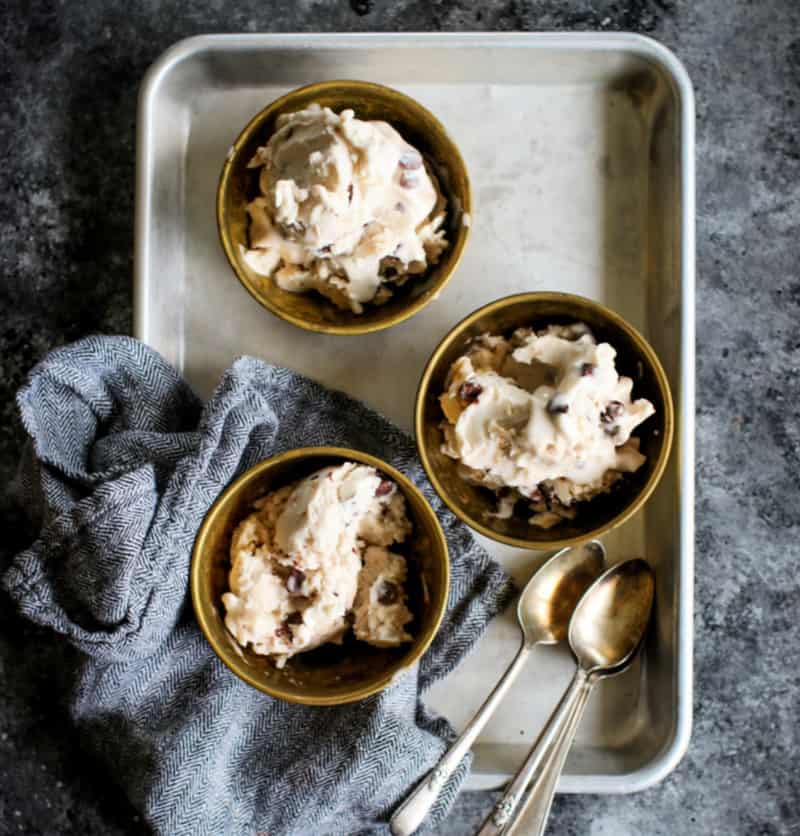
What brands of ice cream are gluten-free?
Many of your favorite ice cream brands offer a list of gluten-free flavors. If not, they will at least provide a statement confirming that any flavors containing gluten are on the label. Looking for additional brands? Hit us up in the comments, and we’ll see if we can dig up the dirt!
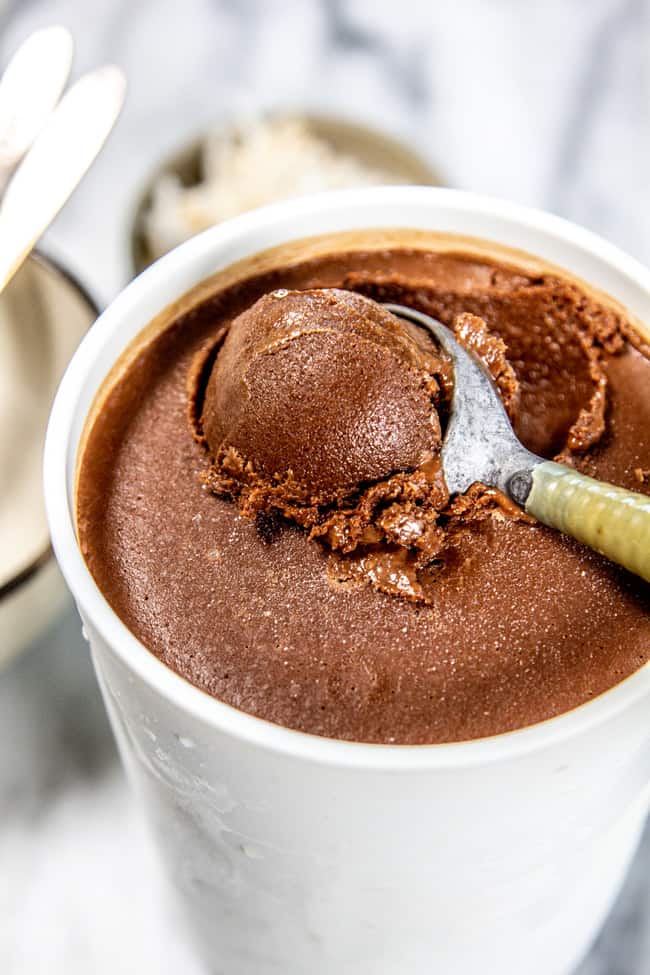
Breyers
Ben & Jerry’s
Haagen Daz
Tillamook
Dreyers
Baskin Robbins (you’ll need to filter for gluten-conscious)
Is sour cream gluten-free?
Sour cream is a dairy product made with cultured cream, enzymes and milk - all of which are naturally gluten-free. If you’re eyeing any flavored products or sour cream-based dips, check the label carefully!
Is cheese gluten-free?
The four main ingredients of cheese are milk, salt, culture (“good” bacteria) and rennet (an enzyme). While the primary ingredients of cheese are all gluten-free, it is not safe to assume that all cheese is gluten-free. The biggest offenders are flavored and processed cheeses. Wheat-based products are sometimes used to add flavor or as thickening agents or stabilizers.

Cheeses that are usually gluten-free
Brie
Cheddar
Goat cheese
Feta
Parmesan
Provolone
Swiss
Mozzarella
Ricotta
Cheese that may contain gluten
Any flavored cheeses
American cheese
Blue cheese
Dairy-free cheese
Cottage cheese
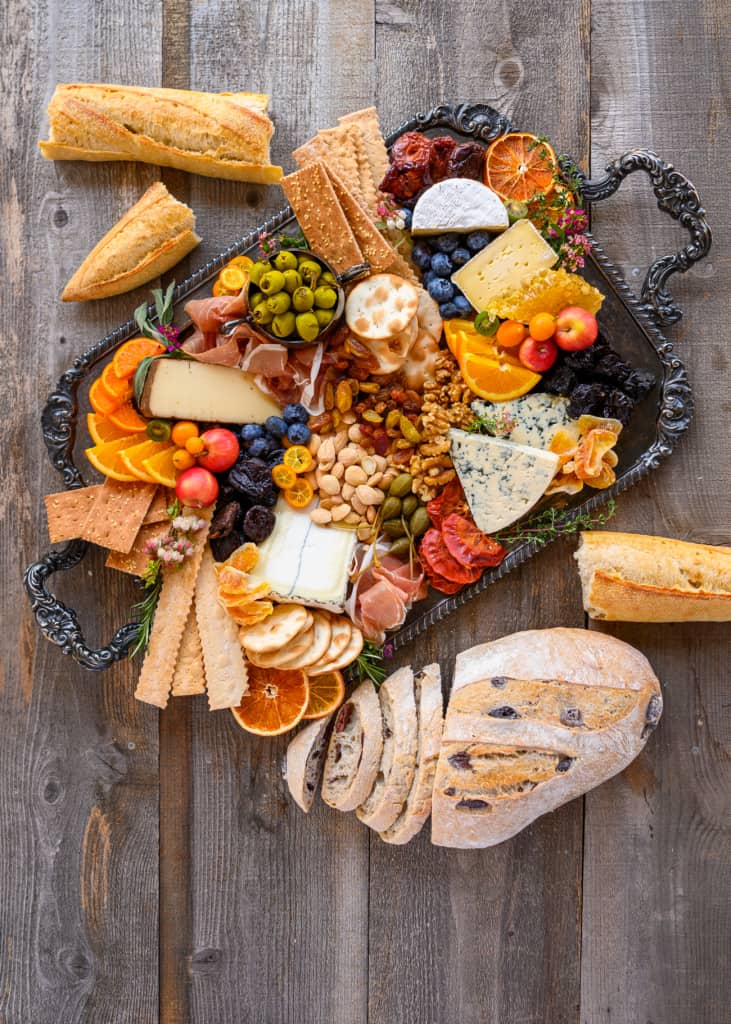
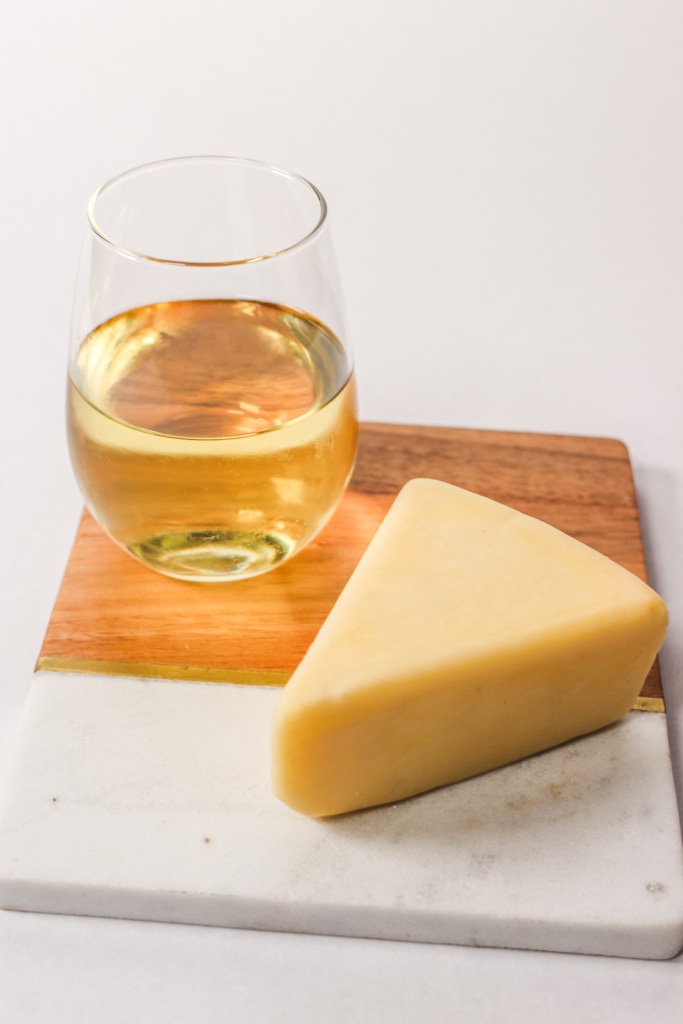
Ingredients to look out for in cheese
Hydrolyzed wheat protein
Malt
Food starch
Powdered cellulose
Artificial flavor
Fillers
Emulsifiers
Spice blends
What about alternative milks?
If you’re lactose intolerant or prefer plant-based products, you might be wondering if alternative milks are gluten-free. Here’s the scoop.
Is almond milk gluten-free?
Almond milk is made by soaking almonds in water and is naturally gluten-free - but it’s important to check the label for any flavors or additives that may contain gluten.
Is oat milk gluten-free?
Cross-contamination is a common issue with oat products. If you have Celiac or are highly sensitive, you should only buy certified gluten-free oat milk.
Does coconut milk have gluten?
Coconut milk is made from the pulp of a coconut and is naturally gluten-free.
Is hemp milk gluten-free?
Hemp milk is made from the seeds of a cannabis plant and water. It is naturally gluten-free (and won’t make you high, either).
Want to learn more about whether your favorite beverages are gluten-free?
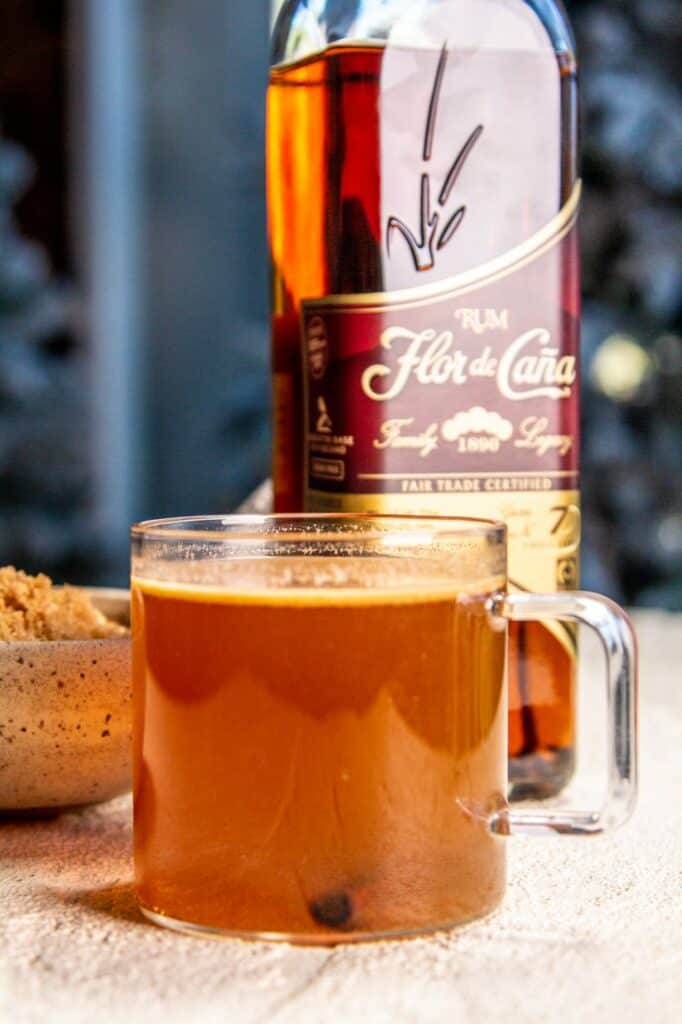
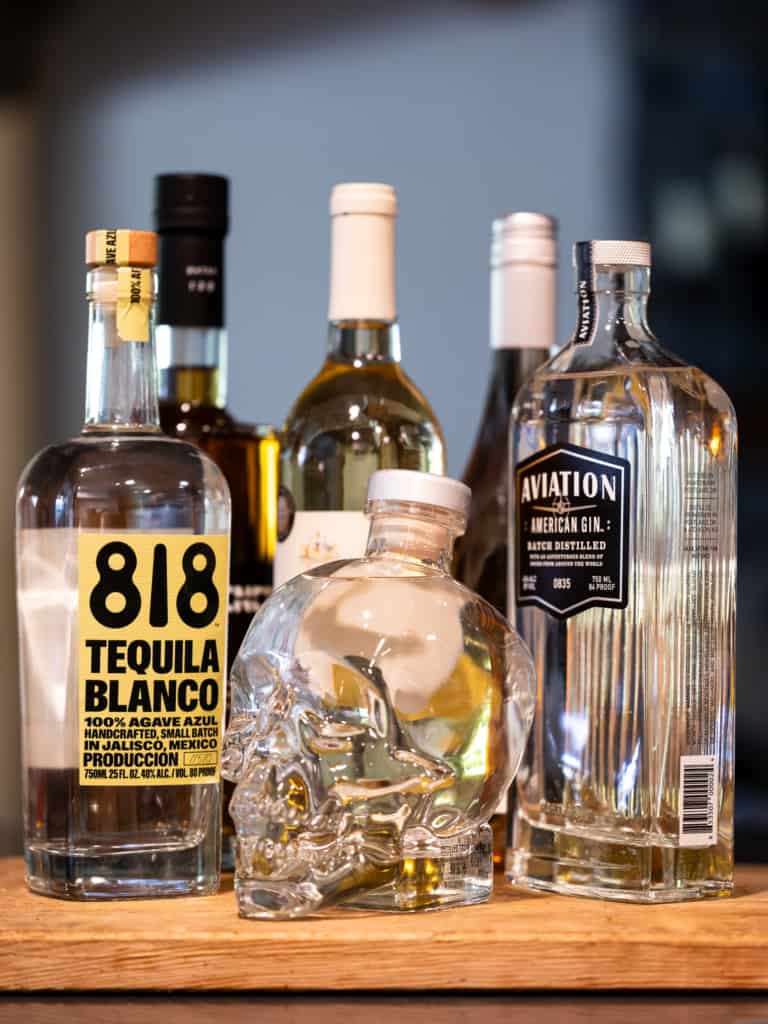



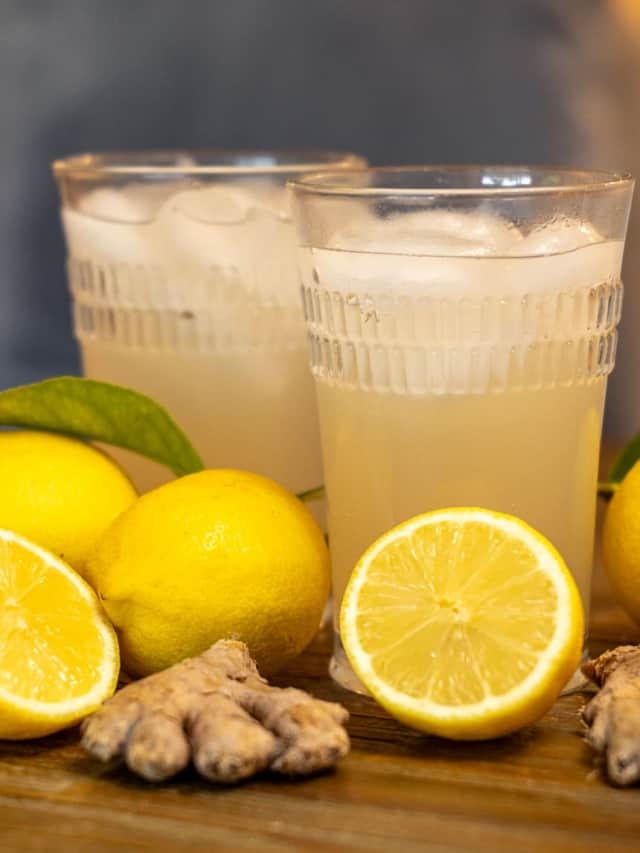


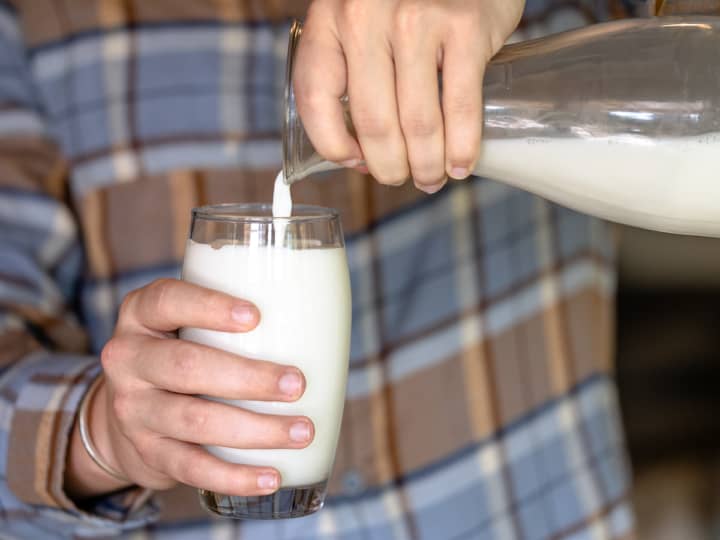
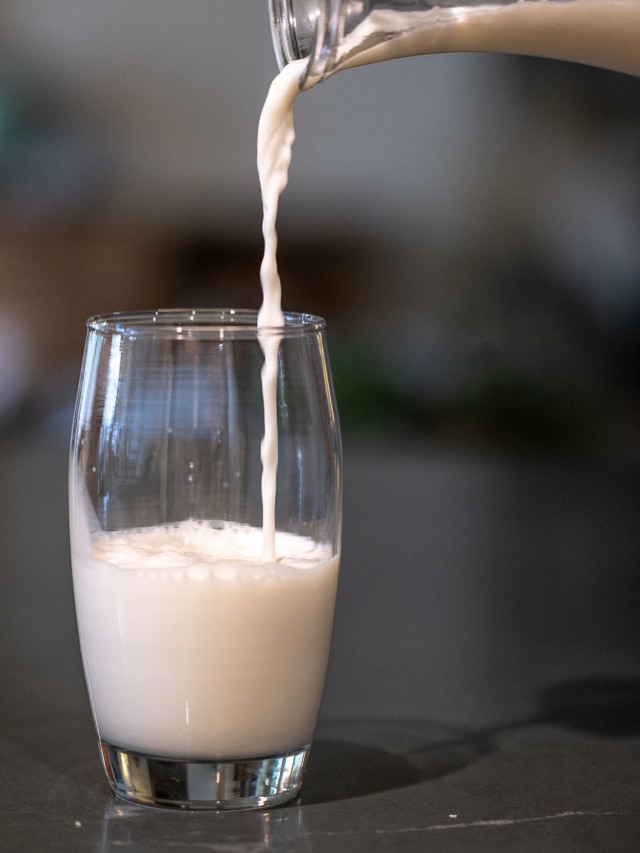



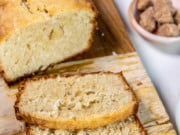

Let Us Know What You Think